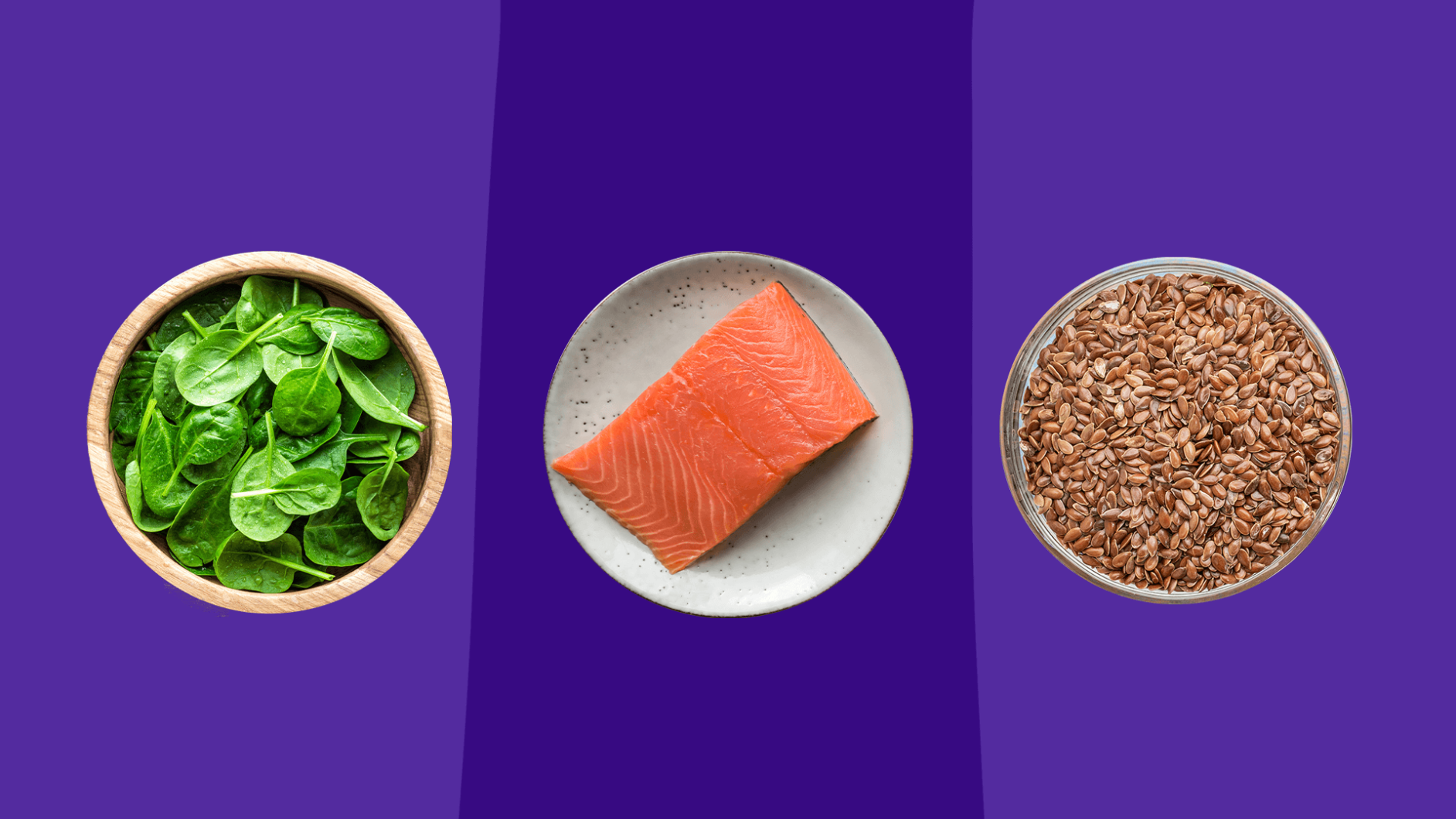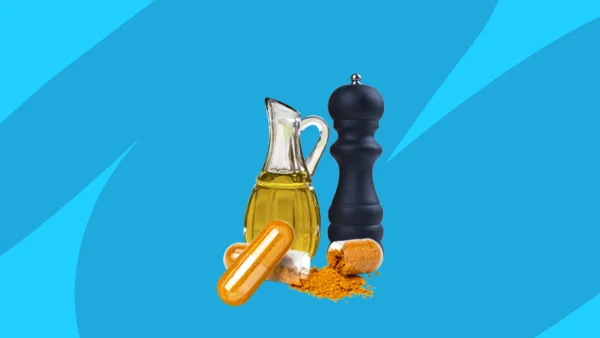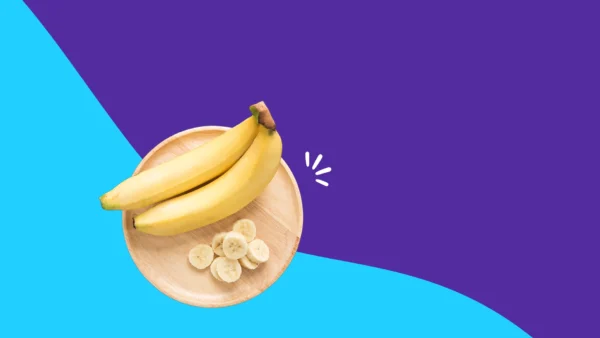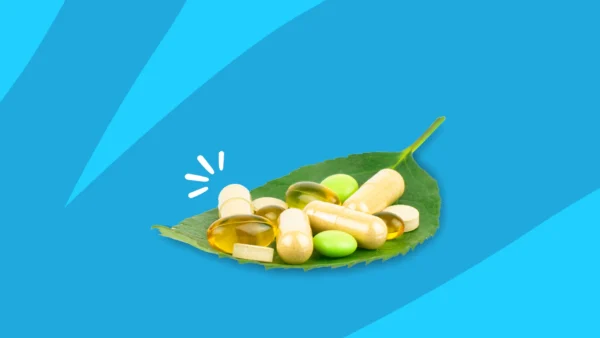Food provides nutrients to help your body and your brain function. In fact, your diet affects not just your physical health but your mental health. So, the next time you think, “What’s for dinner?” you might think about how your food choices might affect your mood.
Is there an optimal diet for mental health? Could you improve your mental health and possibly reduce symptoms of depression just by eating certain foods? Read on to learn more about the link between diet and depression.
How does diet affect depression?
Research into the effects of diet on depression is still ongoing, but we do know that food choices do play a role. “Diet can have a huge impact on mood, whether it’s depression or anxiety,” notes Julie Chen, MD, an integrative medicine physician with the Making Health EZ clinic in San Jose, California.
For example, the results of a 12-week controlled trial published by BMC Medicine in 2017 found that improving a person’s diet (along with some nutritional counseling and support to help them along) was effective in reducing symptoms of moderate to severe depression.
A number of patients have told psychiatrist Leela R. Magavi, MD, the regional medical director for Community Psychiatry in California, that changing their diet improved their physical symptoms, helping them to feel more alert and energetic.
But Dr. Magavi cautions, “We need much more research to understand diet’s effects on neurotransmitters [chemicals in the brain]. Each individual may require a different, individualized diet plan based on his genetics, medical diagnoses, build and psychiatric symptoms.”
3 foods to eat
There isn’t a so-called “depression diet.” You can’t actually eat your way out of depression. But certain food choices may help improve your symptoms and help you feel better. For example, you might go with a Mediterranean diet. It emphasizes vegetables, fruits, whole grains, beans, and legumes—along with low-fat or fat-free dairy products and lean protein sources like fish, poultry, and olive oil.
The Mediterranean diet is a heart-healthy diet, but research shows that this type of dietary pattern also seems to be good for your mood and your mental health. A 2013 study published in the journal Annals of Neurology analyzed 22 different research studies and concluded that a “high adherence” to a Mediterranean diet was associated with a reduced risk of depression. And even a “moderate adherence” to the diet helped with depression, according to the analysis.
Some specific foods to try:
- Fish: Certain kinds of fish are high in omega-3 fatty acids, which may reduce depression. Scientists are still trying to pinpoint the specific mechanism, but it does look promising. Try eating fish such as salmon, sardines, cod, mackerel, and herring.
- Nuts and seeds: Walnuts, flaxseeds, and chia seeds contain significant amounts of omega-3 fatty acids.
- Dark green leafy vegetables: Kale and spinach are versatile and delicious and contain lots of antioxidants. These veggies are also high in omega-3s, which may be good for your mood.
In general, eat whole foods and avoid processed foods, says Dr. Chen. She also recommends that people think about the colors of the rainbow when preparing a meal. Imagine all the possible colors of vegetables that you could choose, and let that guide your diet for depression.
3 foods to avoid
While a particular food might not trigger depression symptoms, per se, there are some foods that you might want to think twice about eating. In fact, if you reduce your consumption of certain foods that could be detrimental, you may notice a positive benefit.
Some of the items to reduce or avoid include:
- Sugar: Dr. Chen and Dr. Magavi both suggest reducing your sugar intake—especially refined or added sugars. When you do eat sugar, skip the prepackaged muffins and cookies. Instead, Dr. Chen suggests going with fruit, since it has natural sugars instead of refined sugars. Plus, fruits tend to have fiber, vitamins, and other nutrients.
- Alcohol: Some people turn to alcohol to self-medicate when they feel down, but alcohol can actually make the situation worse. Plus, research suggests that there’s an association between alcohol dependence or alcohol use disorders and depression.
- Processed oils: A recent study in the journal Endocrinology found that soybean oil, which is widely used in fast food and packaged foods, seems to affect a part of the brain that could lead to neurological conditions like depression and anxiety.
If you notice that other foods seem to trigger symptoms, make a note in a food journal so you can avoid them or approach them with caution in the future.
Other ways to manage depression
Making healthy changes to your diet for depression is one way to support your health and well-being, but there are some other ways to help you manage your depression.
1. Exercise
Research shows that non-pharmacological therapies like exercise can complement medication as a treatment for depression. And in fact, exercise can reduce depression symptoms. You definitely don’t have to become an Olympic athlete, either, to reap the benefits of exercise. “It’s just important to move your body,” Dr. Chen says.
Choose something that you find enjoyable, start slowly and ramp up gradually. If you’re newly diagnosed with depression, you may feel too overwhelmed to start a regular exercise routine, and that’s okay. Your doctor may also suggest taking medication first until you’re ready to add in an exercise routine.
2. Sleep
Many people with depression also have disordered sleep. And conversely, many people with sleep disorders struggle with symptoms of depression. Research shows that insomnia is definitely a risk factor for depression. If you’re not sleeping well, talk to your doctor about addressing the problem. If you can improve the amount and quality of sleep you’re getting, you may find your mood beginning to lift.
3. Vitamins and supplements
Eating a healthy diet can ensure that you get the nutrients that you need, but some people may also benefit from taking certain vitamins or supplements. (Be sure to discuss it with your healthcare provider before taking them.) Consider the benefits of:
- Vitamin D: Research shows many people have low levels of Vitamin D and many of them are members of groups at elevated risk for depression. Research into how it may help is still ongoing, but if you’re not getting enough, your doctor might recommend taking a vitamin D supplement. Over-the-counter Vitamin D3 2000 IU a day is a good dose to take.
- Vitamins A, C, and E: A 2012 study found that people with low blood serum levels of these vitamins who took supplements experienced improvements in their depression and anxiety. These vitamins contain antioxidants which may help to reduce symptoms of depression by fighting off free radicals that can lead to oxidative stress.
- Omega-3 fatty acids: If you’re already eating a lot of fish, you may be getting omega-3s, but you can also take a supplement, notes Dr. Magavi.
- Zinc: A growing number of studies have found that depressed people may have lower levels of zinc.
4. Medication
For many people with depression, taking an antidepressant medication is a critically important step in managing their symptoms. No matter how well they eat or how much they exercise, they need that medication to alter the levels or activity of chemicals called neurotransmitters in their brains.
“Diet plans and herbal supplements cannot take the place of prescription antidepressants and should only be used as adjunct therapies,” Dr. Magavi says. “Natural remedies could possibly bolster mood and wellness, but do not comprehensively target the root of depression.”
If you take antidepressant medication, be mindful of potential food-drug interactions. An older type of antidepressant known as an MAOI (monoamine oxidase inhibitor) may interact with a component called tyramine, which is in foods like processed meat, aged cheeses, chocolate, beer, and red wine. Avocados and some citrus fruits are also high in tyramine. It can cause a sharp spike in blood pressure. MAOI medications are rarely prescribed these days. If you are on an antidepressant medication, ask your physician or pharmacist if it is an MAOI.











